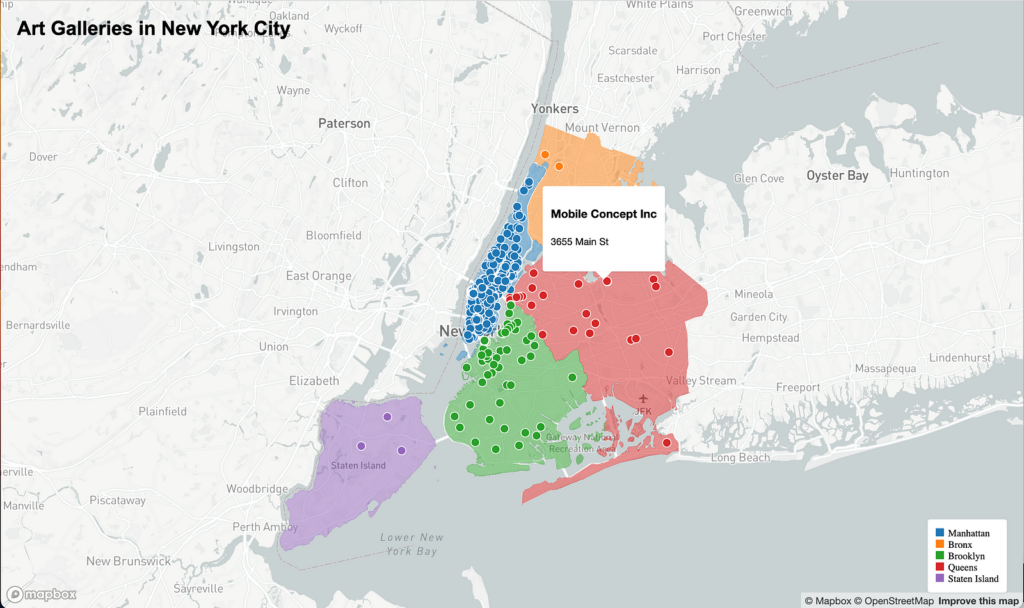Excerpt:
When and how should text-generating artificial intelligence (AI) programs such as ChatGPT help write research papers? In the coming months, 4000 researchers from a variety of disciplines and countries will weigh in on guidelines that could be adopted widely across academic publishing, which has been grappling with chatbots and other AI issues for the past year and a half. The group behind the effort wants to replace the piecemeal landscape of current guidelines with a single set of standards that represents a consensus of the research community.
Known as CANGARU, the initiative is a partnership between researchers and publishers including Elsevier, Springer Nature, Wiley; representatives from journals eLife, Cell, and The BMJ; as well as industry body the Committee on Publication Ethics. The group hopes to release a final set of guidelines by August, which will be updated every year because of the “fast evolving nature of this technology,” says Giovanni Cacciamani, a urologist at the University of Southern California who leads CANGARU. The guidelines will include a list of ways authors should not use the large language models (LLMs) that power chatbots and how they should disclose other uses.
Since generative AI tools such as ChatGPT became public in late 2022, publishers and researchers have debated these issues. Some say the tools can help draft manuscripts if used responsibly—by authors who do not have English as their first language, for example. Others fear scientific fraudsters will use them to publish convincing but fake work quickly. LLMs’ propensity to make things up, combined with their relative fluency in writing and an overburdened peer-review system, “poses a grave threat to scientific research and publishing,” says Tanya De Villiers-Botha, a philosopher at Stellenbosch University.
Author(s): HOLLY ELSE
Publication Date: 16 Apr 2024
Publication Site: Science
doi: 10.1126/science.z9gp5zo

